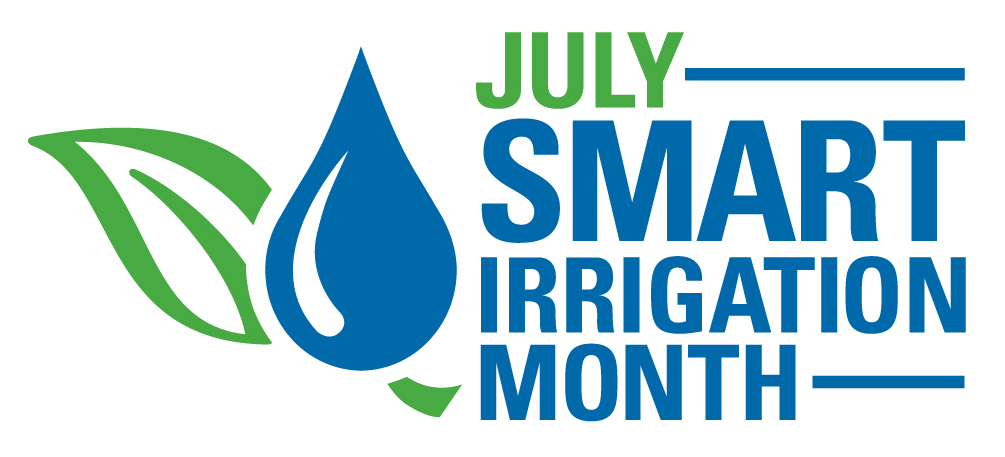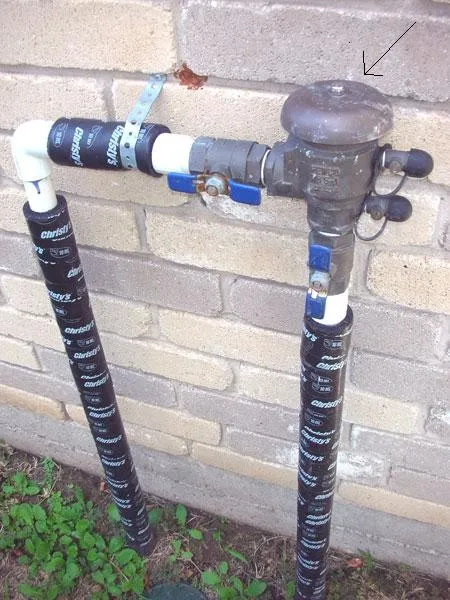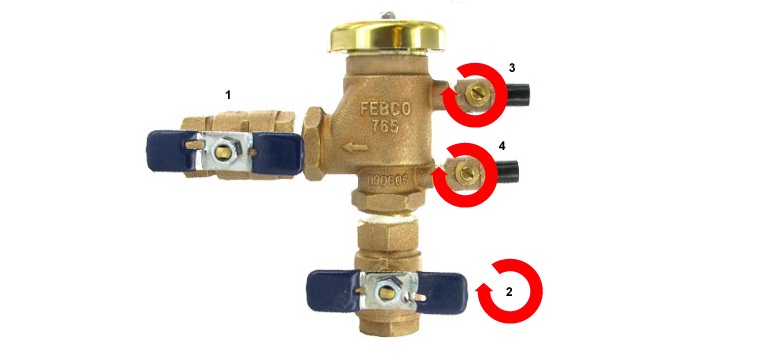Be Smart.
Get More By Using Less Water with your Gainesville Sprinkler System.
In recognition of Smart Irrigation Month coming up in July, read up on our Gainesville Irrigation and lawn tips, and make sure you are saving every dollar you can while helping conserve water.
From water savings calculators, to weather sensors, MP Rotators and more, Hunter has the solutions you need to conserve water and keep your Gainesville landscape healthy. .
This June and July, go to hunterindustries.com/smartirrigation to learn more about how Hunter is working with The Master's lawn Care to save water and be more environmentally concious as a Hunter Prefferred Gainesville Irrigation Contractor.





